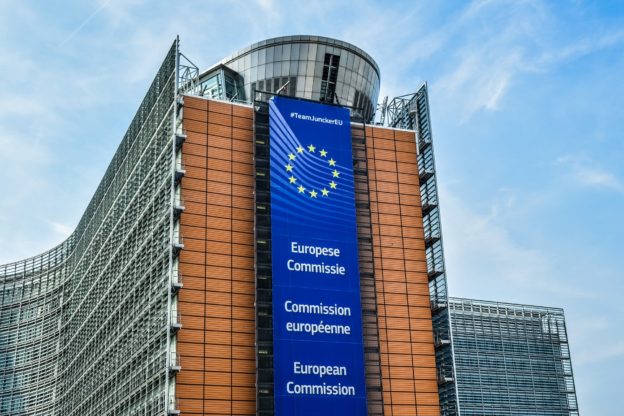By its two judgments dated March 1st, 2023[1], the General Court has, for the first time, provided important clarifications on the accountability of foreign subsidies on a product subject to countervailing measures.
In this case, Hengshi and Jushi, companies incorporated under Egyptian law, produce and export woven and/or sewn glass fiber fabrics to the EU (“GFF”). Their shareholders are Chinese companies. They are located in the Sino-Egyptian economic and trade cooperation (“SEETC”) zone created within the framework of the Suez Canal corridor development plan between China and Egypt. As such, they enjoy the benefits, including financial, granted by the Chinese government to Chines companies in this area.
Following a first complaint of April 1st, 2019, by Implementing Regulation (EU) n°2020/776, the Commission decided to adopt (countervailing duties on the imports of GFFs originating in China and Egypt. Following a second complaint filed on April 24th, 2019, the Commission adopted Implementing Regulation (EU) n°2020/870 imposing countervailing duties on imports of continuous filament glass fiber (“CFGF”) products, the main raw material of GFFs, originating in Egypt.
The two companies brought actions for annulment of the contested Regulations, based on the violation of Article 3(1)(a) of the basic anti-subsidy Regulation[2], which provides that a subsidy shall be deemed to exist if there is a financial contribution by the government of the country of origin or export. They argued that since the products covered by the Commission’s Regulations originate in and are exported from Egypt, and since the financial contributions are made by the Chinese government, Egypt cannot be countervailed by reason of the Chinese contributions.
In its judgments, the General Court rejects the Egyptian companies’ requests for annulment and confirms the Commission’s interpretation of the accountability of the subsidies.
The General Court found that the financial contributions that gave rise to the subsidies could either be enacted by a public body or be attributable to that body without it even being the direct source of the subsidies. Moreover, for the anti-subsidy measures to be applicable, the financial contributions must be granted by the public authorities “within the territory of a country”[3]. Therefore, there is nothing to exclude the attribution to the Egyptian government of financial contributions granted by the Chinese government, especially in the context of a free trade zone, such as SEETC.
Furthermore, the General Court notes that such an interpretation does not contravene Article 1 of the Agreement on Subsidies and Countervailing Measures[4], which defines a subsidy as a financial contribution by a government within the territorial jurisdiction of “a” member of the World Trade Organization. Contrary to the European Regulations, it is not specified that the financial contribution at the origin of the subsidy must come from the country of origin or export.
The General Court has thus adopted a particularly broad interpretation of the concept of “public authorities” in the area of subsidies, allowing the Commission to sanction subsidies provided not by the country of origin or export but by the country of the shareholders of the companies in the country of origin or export.
Finally, even if reference is made to the Chinese ownership of the Egyptian companies to justify the accountability of Chinese financial contributions to the Egyptian public authorities, it does not appear that this is a necessary condition for such accountability. Indeed, the Tribunal considers that financial contributions from a third country to the country of origin or export that have the effect of subsidizing companies in the country of origin or export may give rise to countervailing duties, regardless of the strength of the relationship between the countries.
At a time when the Union is in the process of adopting new Regulations on foreign subsidies[5], the solution adopted by the General Court extends the Union’s power to impose sanctions, this time from the perspective of trade defense instruments. One can rightly ask whether other African countries, currently benefiting from Chinese subsidies, will not follow the fate of Egypt…
***
[1] Judgments of the General Court in cases T-480/20 and T-540/20, Hengshi Egypt Fiberglass Fabrics and Jushi Egypts for Fiberglass Industry v. Commission. Both judgments may be appealed to the Court of Justice within two months and ten day of their notification.
[2] Regulation (EU) 2016/1037 of the European Parliament and of the Council of the 8th of June 2016 on protection against subsidized imports from non-EU countries.
[3] Recital 5 of the basic anti-subsidy Regulation.
[4] Agreement on Subsidies and Countervailing Measures contained in Annex 1A in the Agreement establishing the World Trade Organization.
[5] Regulation (EU) 2022/2560 of the European Parliament and of the Council of 14 December 2022 on foreign subsidies distorting the internal market, applicable from 12 July 2023.
The DS Avocats Customs and International Trade team is at your disposal to provide you with any additional information.
CONTACT US:

